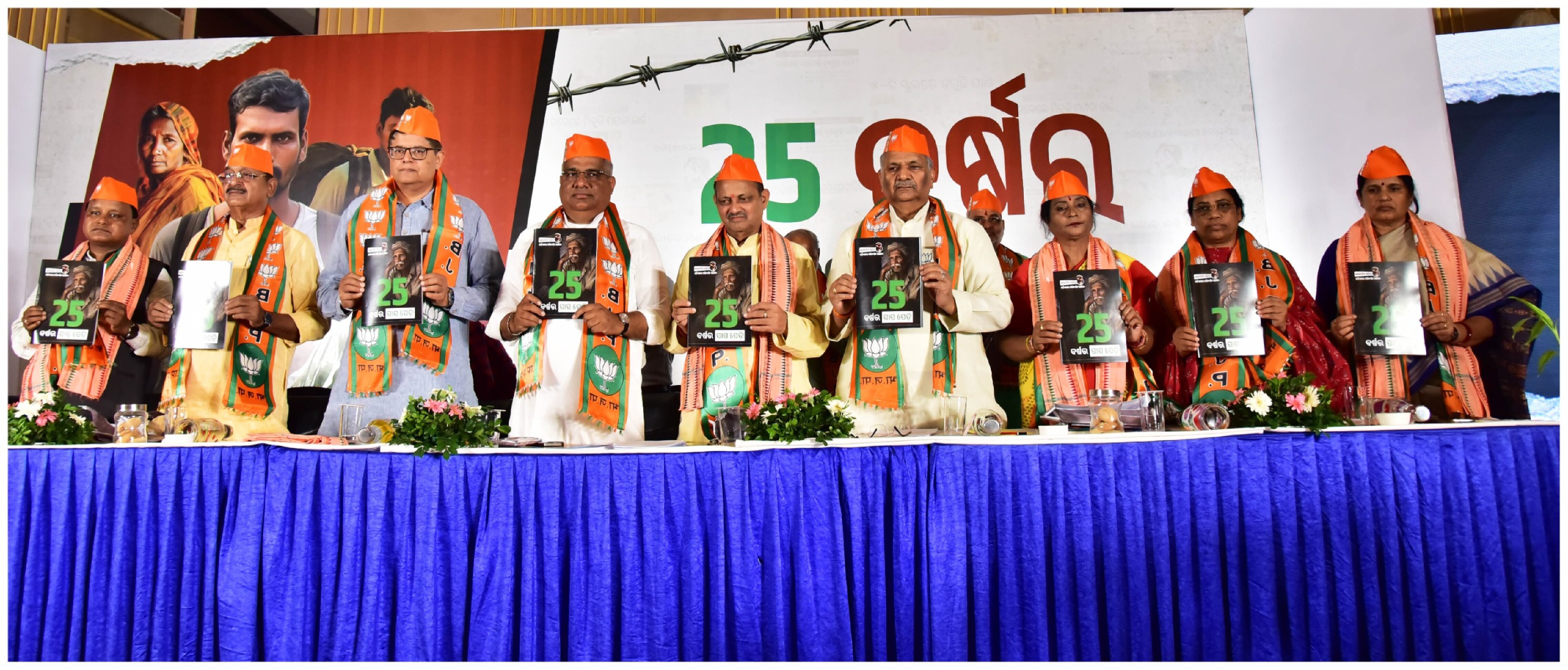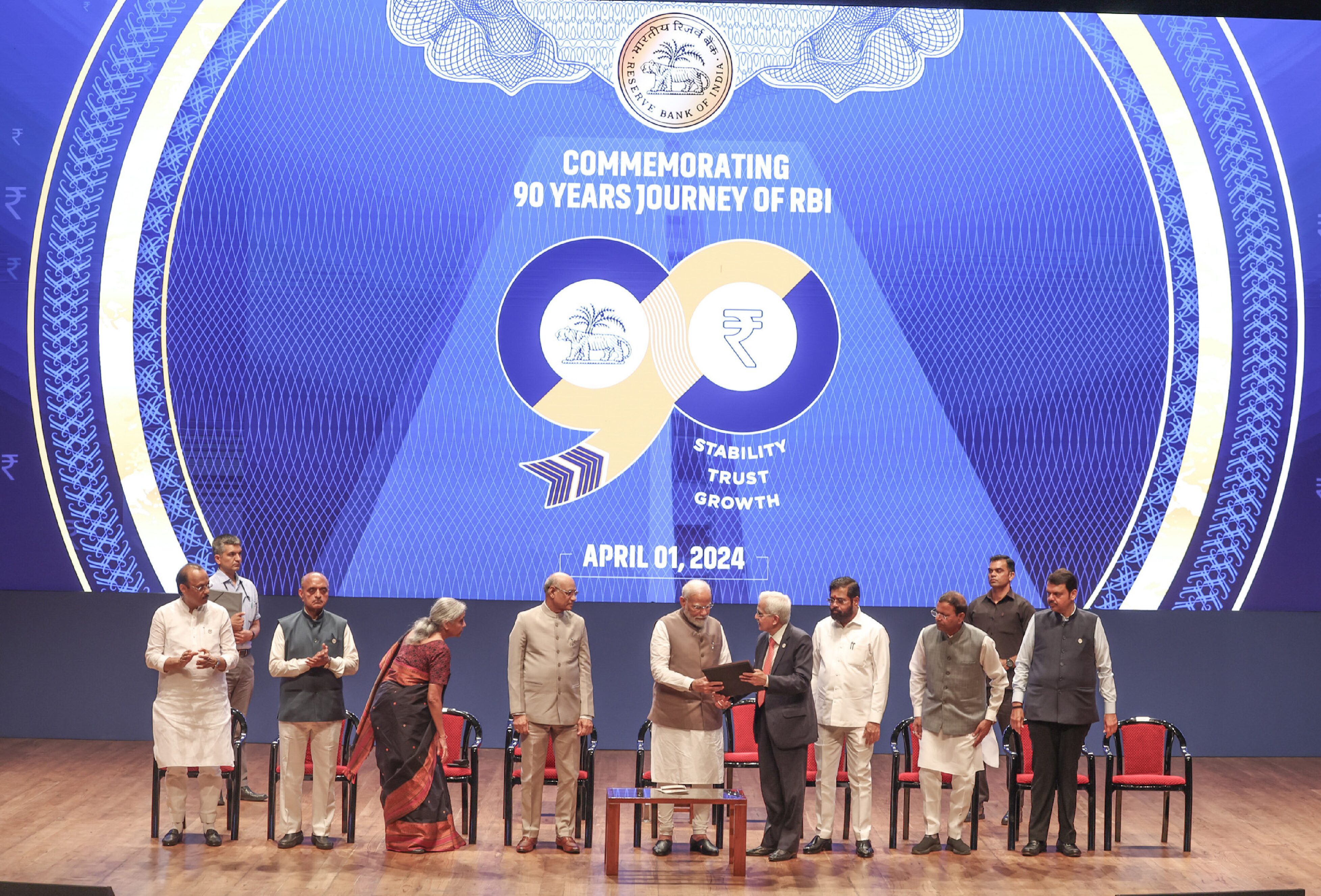The Bhasha Andolan, Odisha has created a new chapter of glory in post-independence era, almost compelling the Odisha state government, which has denied its people their right to be governed in Odia with provisions for punishment to whosoever contravenes the Orissa Official Language Act, 1954.
Here is a government in Odisha which claims to have got ‘classical status for Odia language’, ‘created Odia Bhasha Pratisthan’, ‘set up the Sarala Das Chair in JNU’, ‘going to set up an Odia University’, ‘mandatory to use Odia in all official communication’, ‘taken more steps than any previous government to preserve and promote the Odia language’ etc. The list is too long. But if anyone questions about the implementation of the Official Language Act, passed by the Odisha Assembly way back in 1954, the high sounding spokes-persons of the ruling party avoid talking straight. The reality is, two years after the Odia language was made ‘mandatory’, almost all official communication in the state continues to take place in Englsh, the language of pre-independence era.
At the specially convened cabinet meeting at Puri on the sidelines of the 20-year bash of the ruling party on December 26 last year, a decision was taken to impose fines for violation of the Official Language Act, a key demand of the Bhasha Andolan that has been holding more than 700-day long silent black flag protest. This is unique in the annals of protest movements in the country – and maybe even the world. The spirit of Gandhian Satyagraha is practiced daily on the road connecting Odisha Legislative Assembly with the Raj Bhawan, via AG Square. All that the cabinet meeting on 26, December did was just reiterating its promise of ‘appropriate action’ against those who violate the Act! It remains a fact that the English loving bureaucracy is reluctant to chalk out an action plan for implementation of the Act with provision of punishment and the elected government preferring to remain silent, as long as the matter aggravates.
Although the so called heritage, historical cabinet meeting had no problem in deciding on the quantum of punishment to be imposed on commercial establishments that don’t put up signboards in Odia through an appropriate amendment to the Shops and Commercial Establishments Act -1956; quantum of punishment for violating the Act took almost 3 months. The violators have to pay fines ranging from Rs 1, 000 to Rs.5, 000 for the first offence and between Rs 2, 000 to Rs.25, 000 in case of a repeat offence from May Day. But when it came to deciding on the quantum of punishment for violation of Official Language Act, it developed cold feet. The decision got postponed till the Act is amended by the Odisha Legislative Assembly during the forthcoming budget session. The popular government did not bother explaining why the quantum of punishments could not be built into the proposed amendment as they framed in the case of the Shops and Commercial Establishment Act.
All understand the reason behind the state government developing cold feet, when it comes to imposing penalties for violation of the Official Language Act. The 1956 Act would affect businessmen while the language Act would put the bureaucrats bent on carrying on with English in the firing line. The ideal Chief Minister of Odisha, who can’t speak, read or write the language of the state, where he rules for last 18 years, has precious little moral right to ask the officials to use Odia in all their official communication.
The government has been virtually pushed to decide on making the use of Odia mandatory in official communication and even imposing a penalty for its violation in the first place due to non-violent Gandhian Satyagrah demonstrated by Bhasa Andolan throughout Odisha under the leadership of its Chairman, Subhas Chandra Pattanayak. Today, the people are marching on the roads holding black flag of Bhasha Andolan, across the state. The government has learnt that it cannot fool the people promising its ‘determination’ to push for making Odia the ‘official’ language.
If the government had any intention to draw a logical conclusion, it would have accepted the perfectly legitimate demand of Bhasha Andolan for imposition of penalties – both minor and major – for violation of the Act while grandiosely announcing at least on December 26, 2017 that Odia would become the ‘official’ language from Utkal Dibas. The announcement, as all have seen, has made little material difference to the way our bureaucrats at all the offices conduct business. English rules the roost, more vigorously today, being supported by the leaders of the ruling party. We have doubt that the proposed amendment to Sec (2), Sub Section (2) of the 1954 Act may not be passed in the ensuing Assembly session, as it may be adjourned sine die prematurely, soon after the budget is passed. At the end of the session, the ruling party can claim in all innocence that it was keen to pass the amendment, but the Opposition did not allow it to do so! The state that was the first in the country to be formed on linguistic basis might continue to be ruled in the English language that is spoken, read, written or understood by a minuscule minority in the state.
While Bhasa Andolan demands setting up of a commission, headed by a judge of a District Judge cadre to ensure proper implementation of the legislation, the government is interested to rehabilitate one former MP to head the Commission. Details on Odia Language Commission are yet to be announced, which will be set up for spread and preservation of Odia language. On the other hand, the government is trying to satisfy a language-business organization, which tried to derail the non-violent Gandhian movement of Bhasa Andolan.
While the new ‘Odia Language, Literature and Culture’ department has already been constituted, draft proposal on provisions and guidelines of punishment for not using Odia in official work has remained untouched, as if it is too sensitive! Enough is enough. The government must see that the amended Act is implemented at the district, revenue and state levels from April 1, 2018.









































